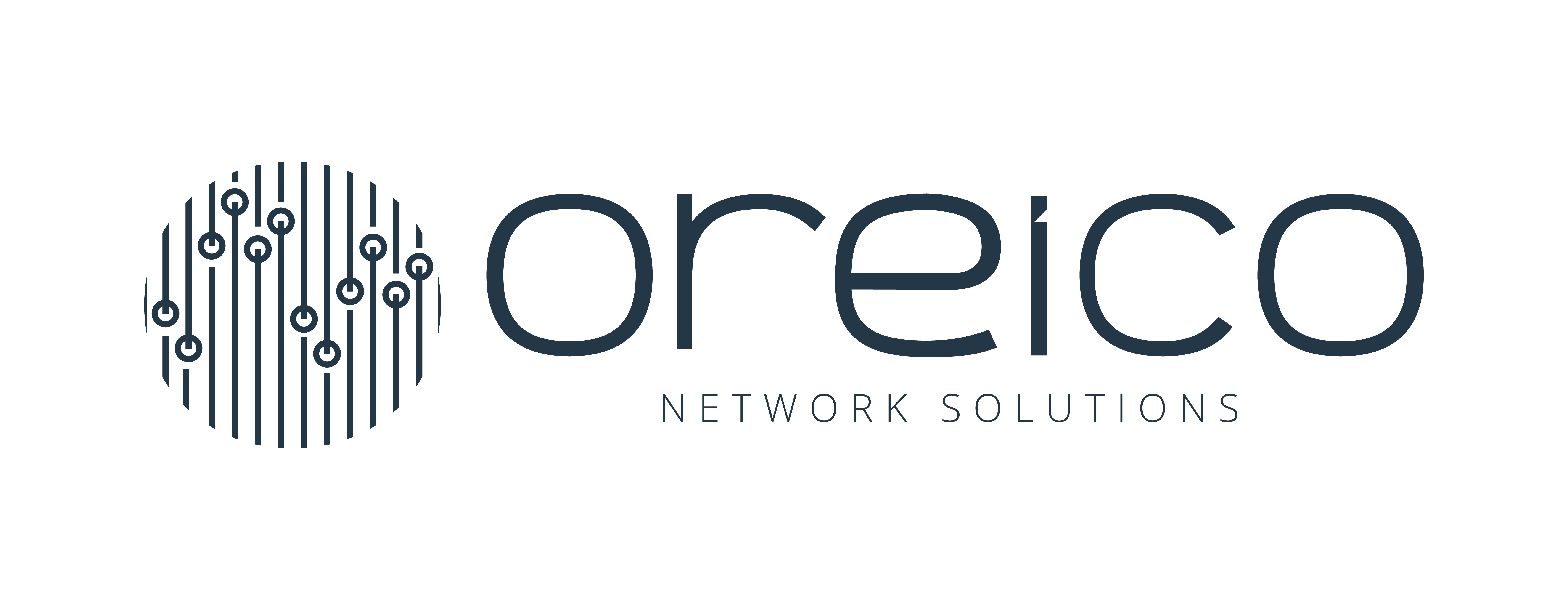Blockchain-Based Zero-Trust Authentication: The Next Frontier in Financial Cybersecurity
Blockchain-Based Zero-Trust Authentication: The Next Frontier in Financial Cybersecurity https://www.oreico.net/wp-content/themes/corpus/images/empty/thumbnail.jpg 150 150 Carla Gandara Carla Gandara https://secure.gravatar.com/avatar/6dbbd915d870ae4565e62b8b0322fca753987a2f10de2330ff740a6a116eff83?s=96&d=mm&r=g- Carla Gandara
- no comments
In an era of increasingly sophisticated cyber threats, financial institutions are constantly seeking innovative strategies to protect their most critical assets. The emerging paradigm of blockchain-integrated zero-trust authentication represents a groundbreaking approach to cybersecurity that promises to revolutionize how financial organizations safeguard their digital infrastructure.

The Evolution of Cybersecurity Challenges
Traditional security models have become increasingly vulnerable to complex attack vectors. Cybercriminals continually develop more sophisticated methods to breach even the most robust defense systems, making it imperative for financial institutions to adopt more dynamic and intelligent security frameworks.
Blockchain Zero-Trust: A Comprehensive Solution
The blockchain zero-trust model introduces a radical departure from conventional authentication methods by implementing:
- Decentralized Identity Verification: Each access attempt is independently verified through a distributed network, eliminating single points of failure and reducing the risk of credential compromise.
- Continuous Authentication: Unlike traditional models that validate access once, this approach continuously monitors and re-authenticates user activities in real-time, dramatically reducing potential unauthorized access windows.
- Cryptographic Identity Management: Utilizing advanced cryptographic techniques, the system creates immutable, tamper-proof identity records that are exponentially more secure than traditional password-based systems.
Key Implementation Strategies
Financial organizations looking to adopt this cutting-edge approach should consider:
- Developing a phased implementation roadmap
- Investing in specialized blockchain security training
- Collaborating with cybersecurity technology partners
- Creating robust governance frameworks for digital identity management
Potential Impact and Future Outlook
By integrating blockchain technology with zero-trust principles, financial institutions can:
- Reduce unauthorized access risks by up to 80%
- Minimize potential financial losses from cyber incidents
- Enhance overall system resilience and customer trust
As cyber threats continue to evolve, proactive and innovative security strategies are no longer optional—they are essential. Blockchain-based zero-trust authentication represents not just a technological upgrade, but a fundamental reimagining of digital security in the financial sector.
Disclaimer: While transformative, implementation requires careful strategic planning and expert guidance.
- Posted In:
- Uncategorized



Leave a Reply